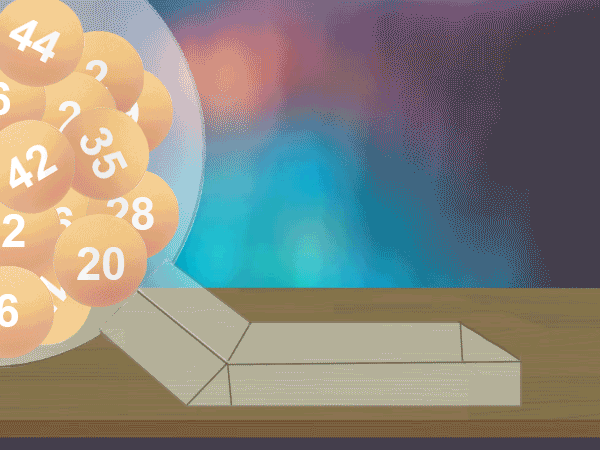
The lottery is a form of gambling where people pay a small amount of money to buy tickets for a drawing. The winning ticket may be awarded a prize, which can range from a single dollar to millions of dollars. The profits from lotteries are used by state governments to fund various state programs and services.
There are a number of ways to increase your chances of winning the lottery, including avoiding hot and cold numbers, picking the right numbers, and using a variety of strategies. You should also consider picking rare and hard-to-predict numbers to boost your odds of landing a big payout.
In addition, you should try to pick different number patterns, and be willing to change them up if necessary. This way, you’ll be able to increase your odds of winning and make the most of your time.
The earliest recorded public lotteries were held in the 15th century, primarily in France and the Low Countries. They were held to raise money for town fortifications and to aid the poor. In some towns, the lottery was even held by the town’s mayor or chief priest.
While lotteries are a common and popular form of gambling, there are a number of concerns about them. Some people feel that they have a regressive effect on lower-income populations, and that the drawbacks of playing outweigh the benefits. Others believe that a lottery can be a good way to promote public health and morality by encouraging players to donate some of their prize money to charities.
A third concern is the impact of lotteries on the economy. Studies suggest that a lottery can generate substantial additional tax revenues, especially in states that are economically stressed. Some economists argue that the lottery may help prevent a recession by generating additional spending, and that it may reduce unemployment rates and improve business morale.
Other research suggests that a lottery can be a positive economic force for a state because it increases tax revenues and reduces dependence on social welfare programs. Other studies suggest that a lottery can be a good tool for raising money for state colleges and universities, and for financing public works projects.
Many people choose to participate in a lottery because they think it will help them win prizes. It is important to remember that a lottery is a game of chance and the odds of winning are very small.
If you decide to play a lottery, it is essential to remember that you should never place your entire wealth on the line in hopes of winning. This is a very risky proposition, and the result could be disaster for you or your family.
In order to reduce your chance of losing a large sum, you should always play the lottery with a friend or family member. By bringing in another person, you will be able to split the jackpot with more people.
In addition, you should also be sure to check the odds of winning on your favorite lottery game before you start playing. The odds of winning vary from one game to the next, so you should make sure that you choose a lottery that has a good payout percentage and is easy to play.